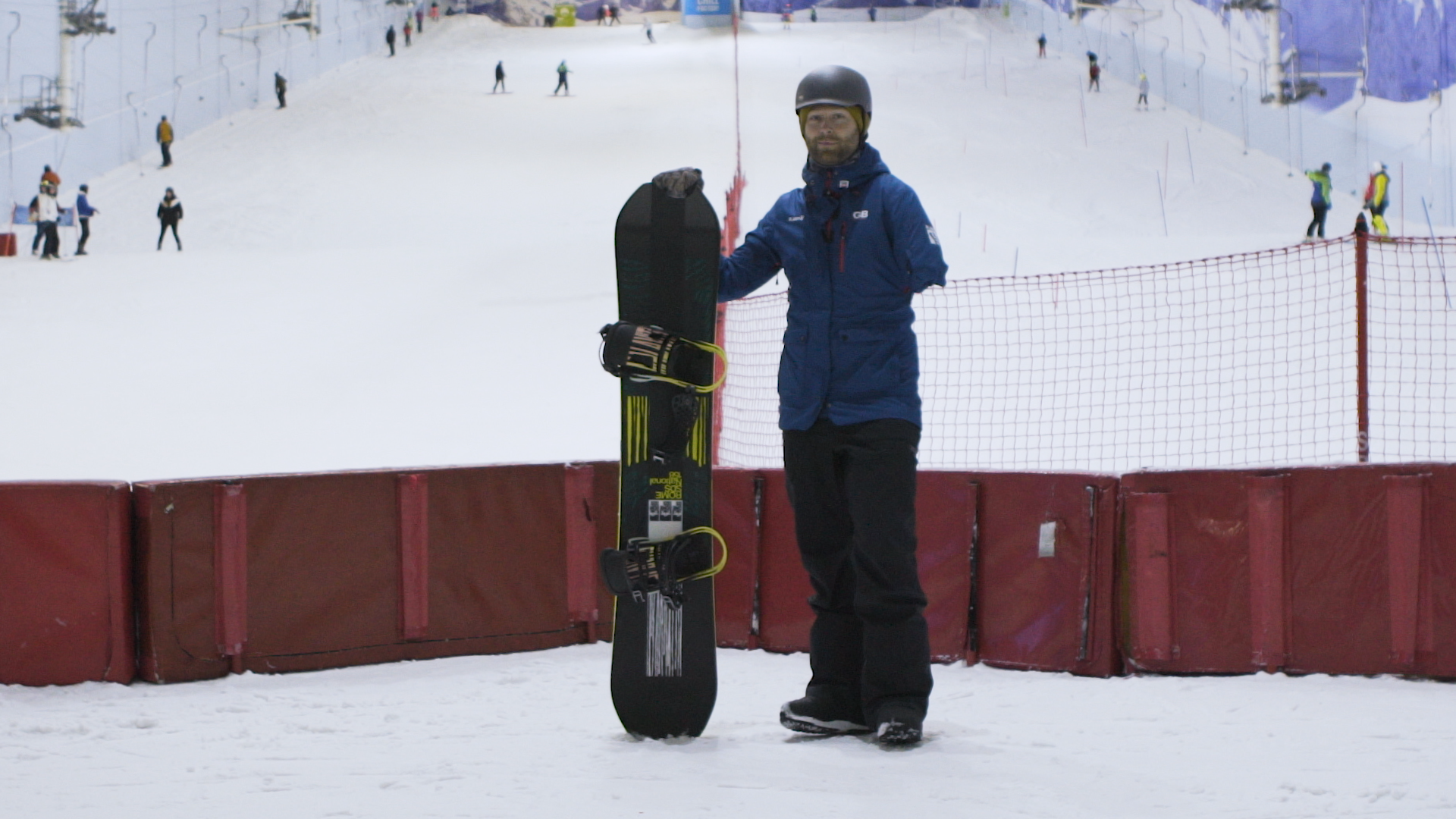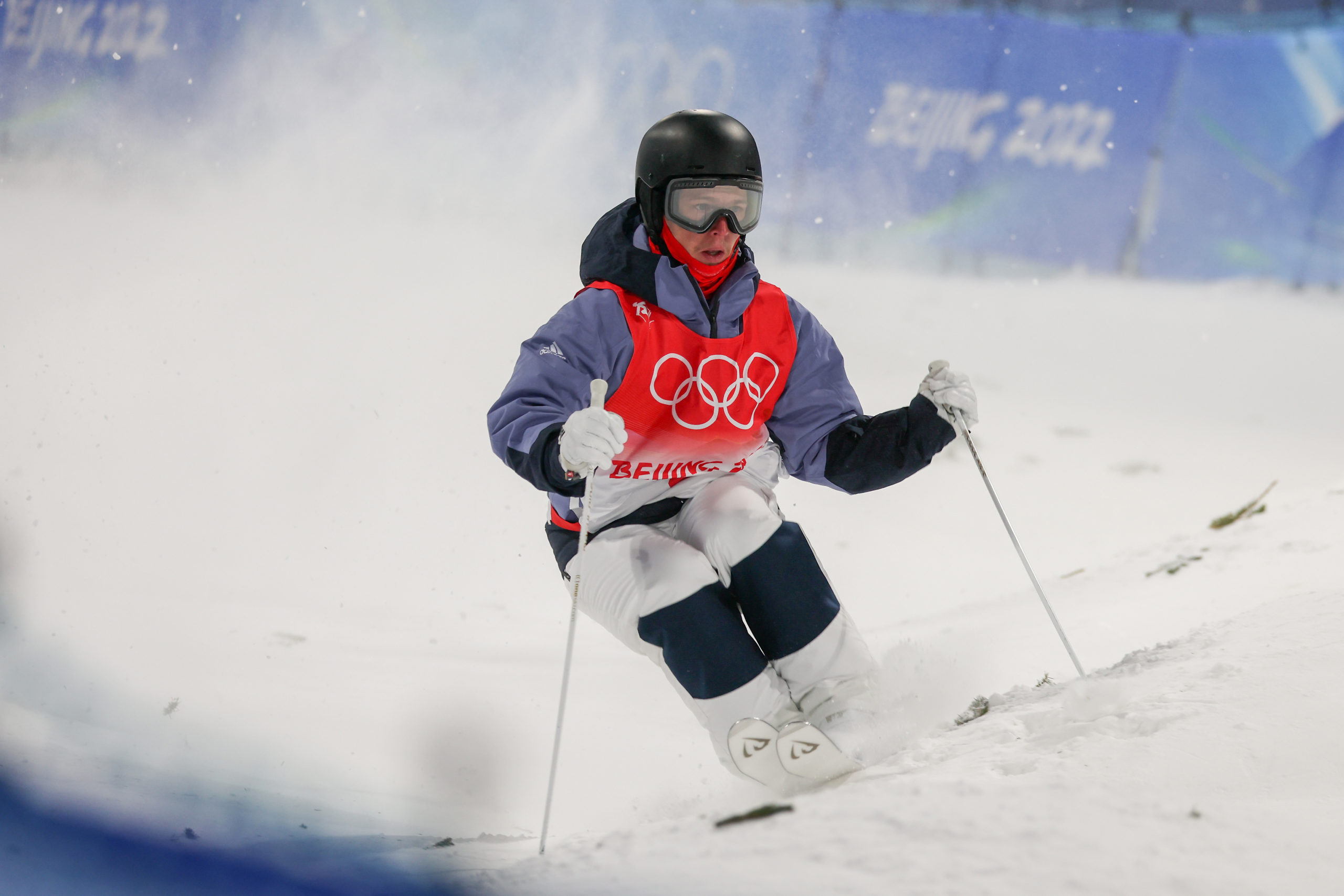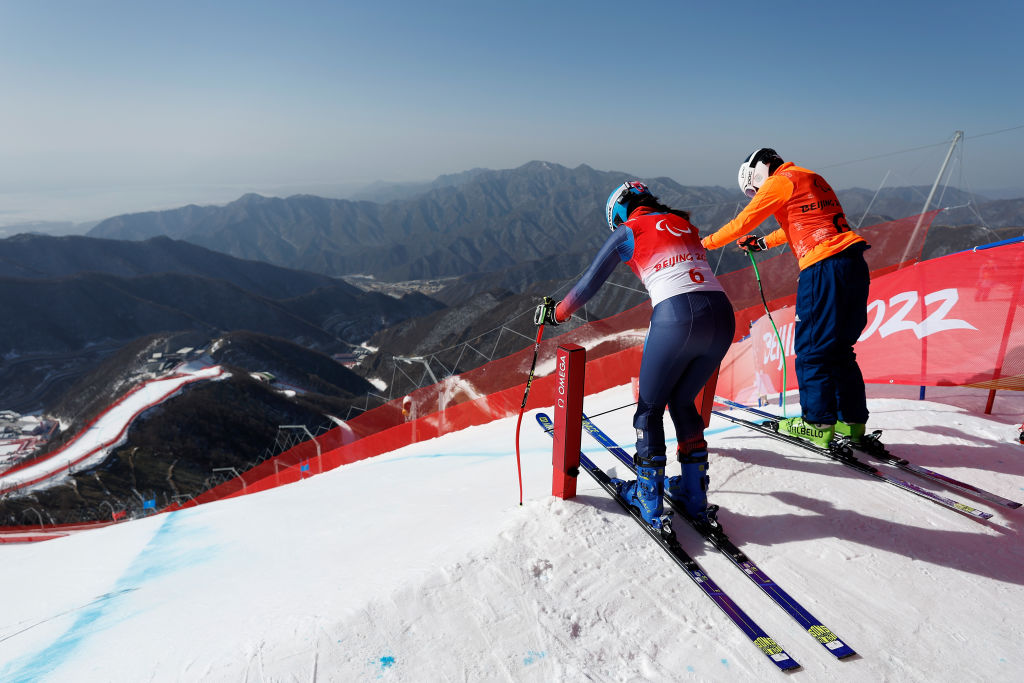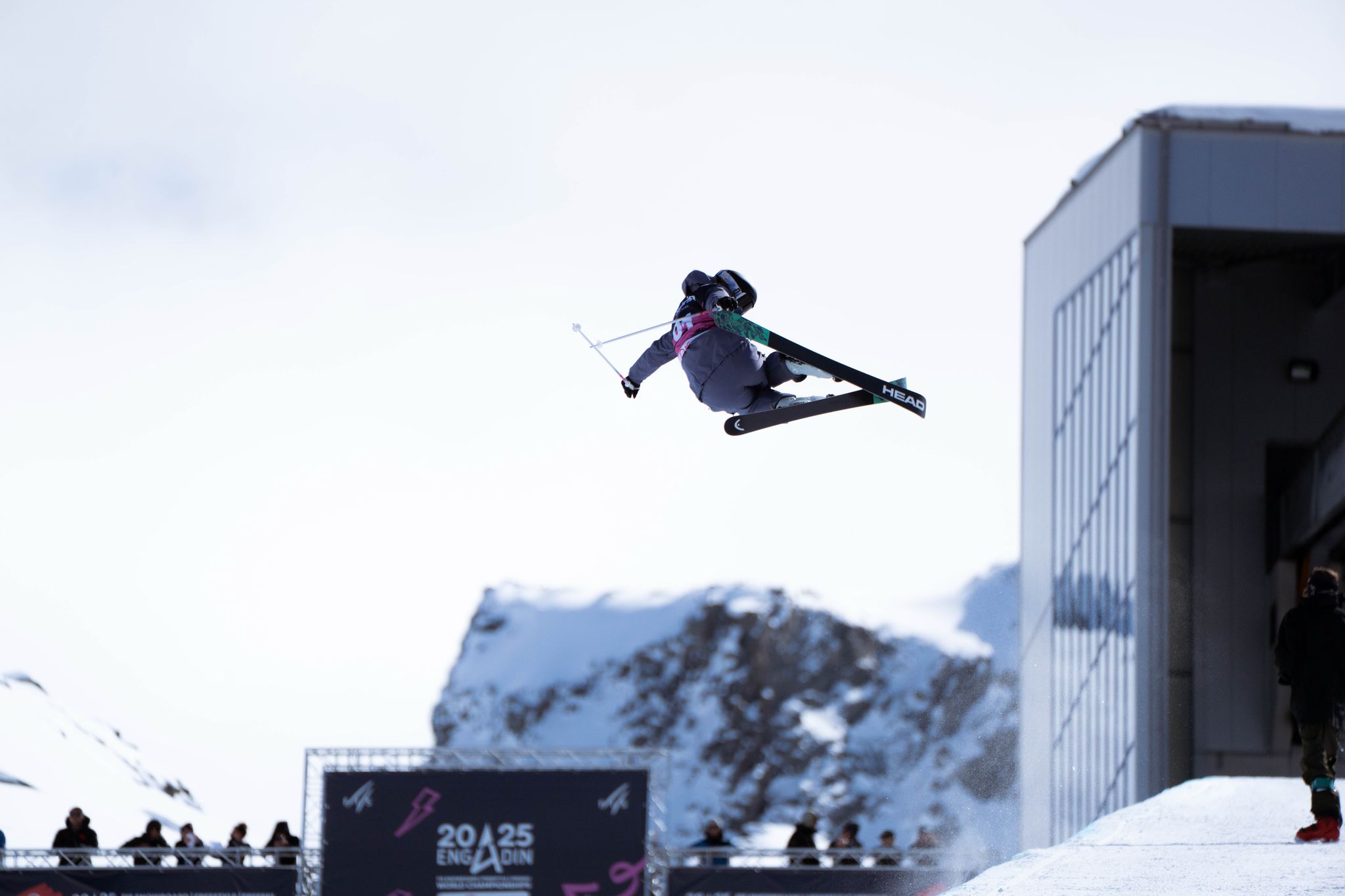
For World Mental Health Day 2021, we spoke with Para-Snowboard athlete Jon-Allan Butterworth on his journey from RAF weapons technician to snowboarder, as well as the role of mental health in the career of a professional athlete.
Tell us your background in the Armed Forces…
“I worked as a weapons technician, which was a very varied and diverse trade. I serviced and maintained on and off aircraft weapons and explosives. I went to Afghanistan in 2005 as part of 3(F) Sqn Harrier jump jets and Iraq in 2007 joining 903 EAW (Expeditionary Air Wing). I always wanted to become a Pilot and at 16 I chose to take the indirect route of entry. I was too young to join as a Pilot straight away, my plan was to get experience in the Royal Air Force in another trade first and then to take the Pilot entrance exams. While I served I actively took part in a variety of sports: primarily Thai Boxing, Rugby, Fencing, Gym and Football.”
What was your injury while serving? Did it affect your mental health and quality of life?
“It was while I was serving in Iraq that I was hit by Indirect Fire. A rocket came into the base in an attack. I was in the blast radius and a piece of shrapnel tore through my left arm, resulting in an above-elbow amputation. I quickly came to terms with my injury. Finding solutions to daily challenges like tying shoelaces. I didn’t suffer with any negative effects to my mental health. I kept busy and committed to my rehabilitation.”
You mentioned in a BBC Interview recently that Snowboarding was the first sport you tried in your post injury rehab, what role did snowboarding, and sport in general play in your injury rehab?
“It was only four months after I was injured that I was taken away by BLESMA, a British Limbless Military charity, to Breckenridge to take part in the Hartford Ski Spectacular. Looking back, I know that this was crucial to my long term adjustment to my injury and without being injured I doubt I would of ever even tried Snowboarding. I proved to myself that anything was possible and there was a life after injury.”
How and why did you get into Para-Cycling and the talent programme?
“I took part in a ParalympicsGB talent ID day at Loughborough University in Nov 2007. I tried a range of sports throughout the day but it was only really cycling that I was interested in. Luckily it worked out because cycling said that I had potential in the sport. I didn’t take it up straight away, I got lost in the system as the squad were gearing up for Beijing Paralympics. I watched the action on the track and said that looked cool, I wanted to try it out. I did another talent weekend at Newport Velodrome in Jan 2009 and after I was invited to join the British Cycling talent programme. Initially I just wanted to do it to get healthy and develop a routine, learn new skills and because I enjoyed it. I never imagined that it would result in a 12 year career.”
What was your Para-Cycling journey like throughout your career?
“I had a great career full of amazing experiences. I was fortunate enough to go to two Paralympic games, one of which was a home games and I have won 4 Paralympic medals. Cycling gave me new challenges and focused my energy in a positive way. I learnt so much about myself during this time, especially after defeats and injuries. I became a better version of myself, more resilient and more determined than ever.”
How and why did you transfer from Para-Cycling to Para-Snowboard?
“After deciding to retire from cycling I took time out completely from sport. It was only once separated from sport that I realised how important it was in my life. I looked into talent transfer, a UK Sport initiative, for a sport that I wanted to do. Snowboarding was always something that I loved but couldn’t do because it clashed with the cycling season and the risk of injury. After some discussion and a try out session at Chill Factore I decided that the sport and GBS were a good fit and I officially joined the squad this summer”
As an athlete, how much does mental health impact performance?
“Being mentally resilient is key to executing your best performance on race day. Competitions are a very high pressure environment and you need a good coping strategy in place beforehand.”
What are your top tips for maintaining good mental health when you’re in stressful or highly-demanding environments?
“Try and only worry about the things that you can control. You need to try and let go of the small things as you unnecessarily waste energy. Try and only focus on the process, rather than the outcome.”
Are there any things that you do specifically because they’re good for your mental health?
“Keeping a good routine helps. Do the things that you enjoy, especially the things that release good endorphins. My favourite thing to do is the gym, I always feel better afterwards.”
How much do athletes talk to one another about mental health, in your experience?
“In my experience athletes need to get better at opening up and off loading. In the past it was common practice to bottle up your emotions, for fear of been perceived as weak. Times are changing and now it is encouraged to speak up and seek help if you need it.”
 Share
Share

